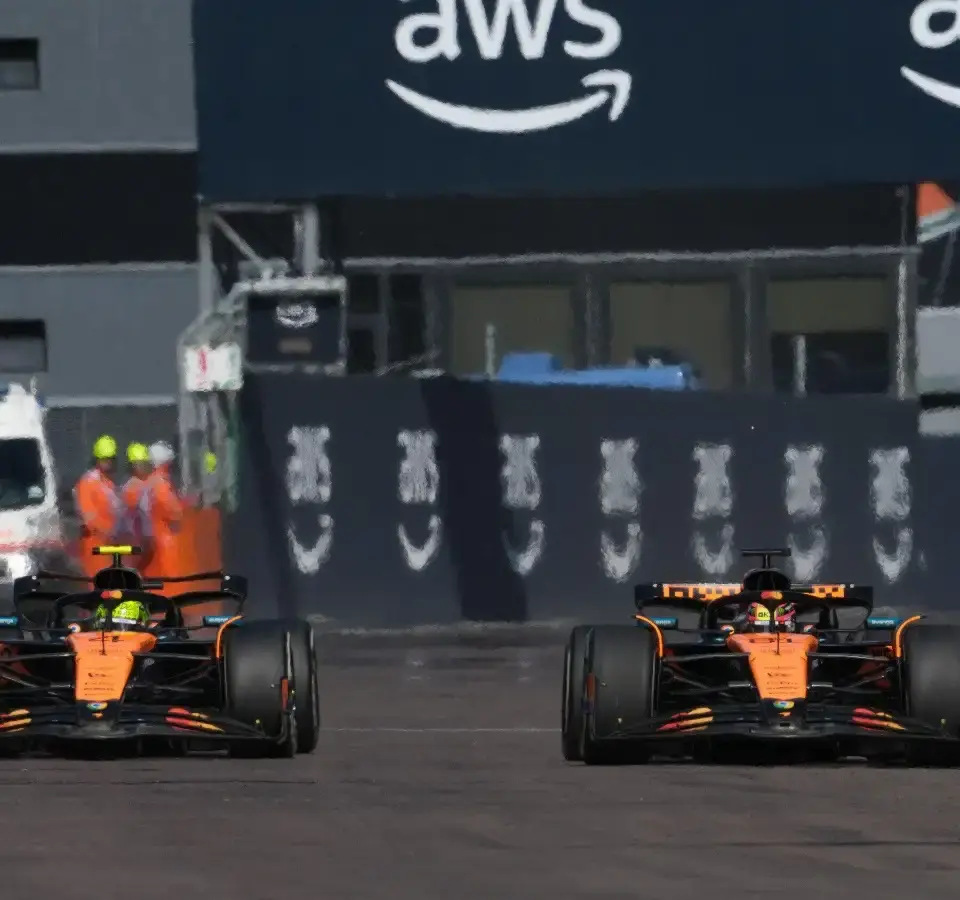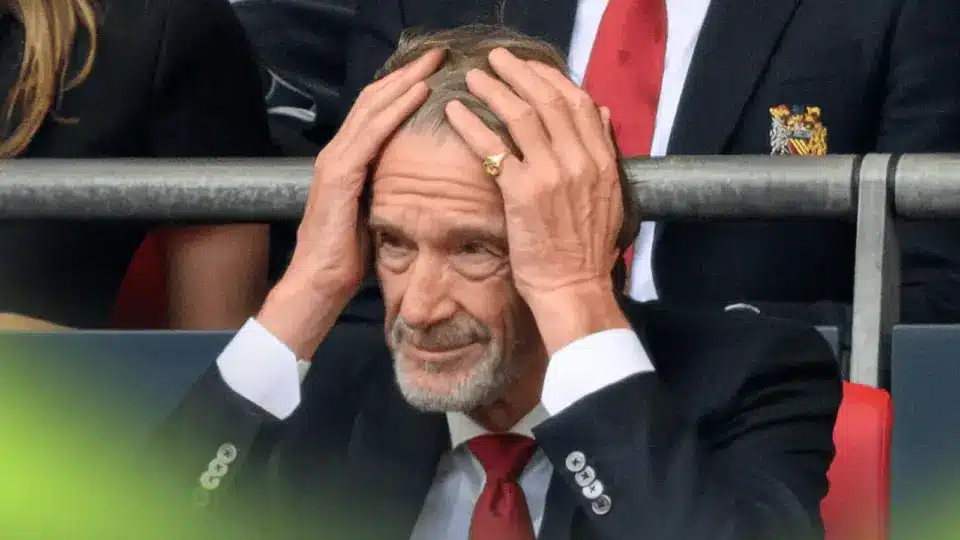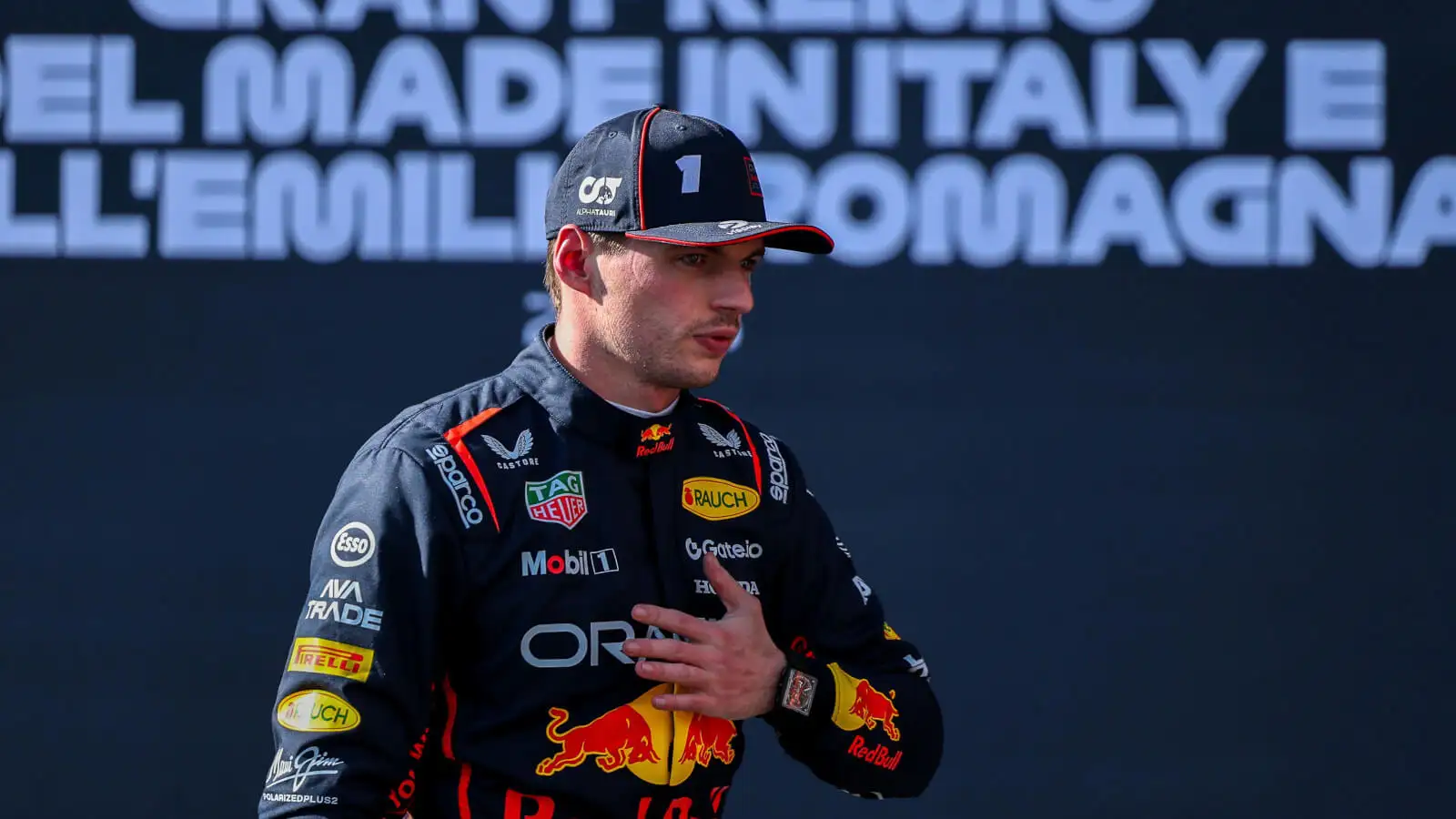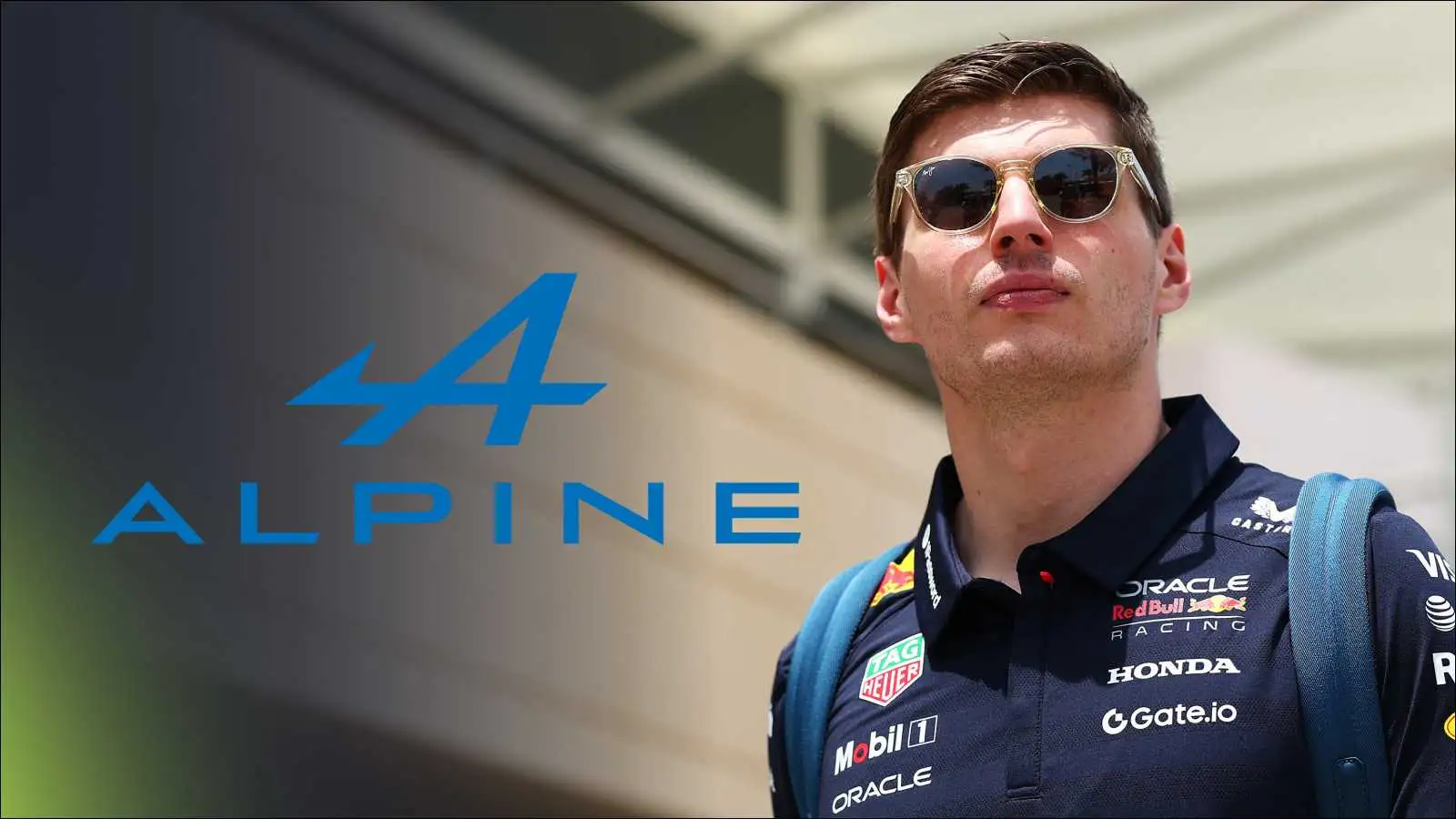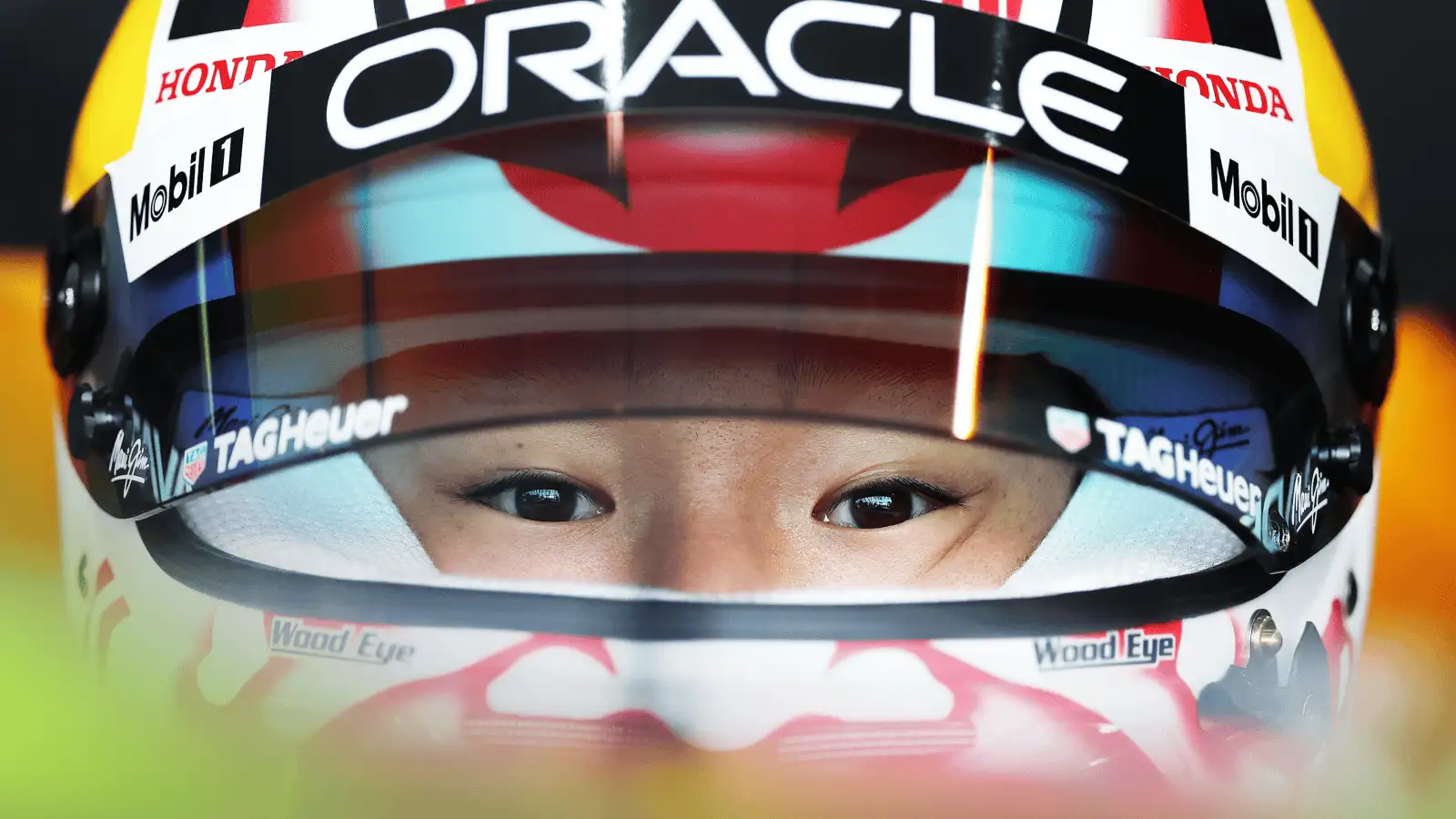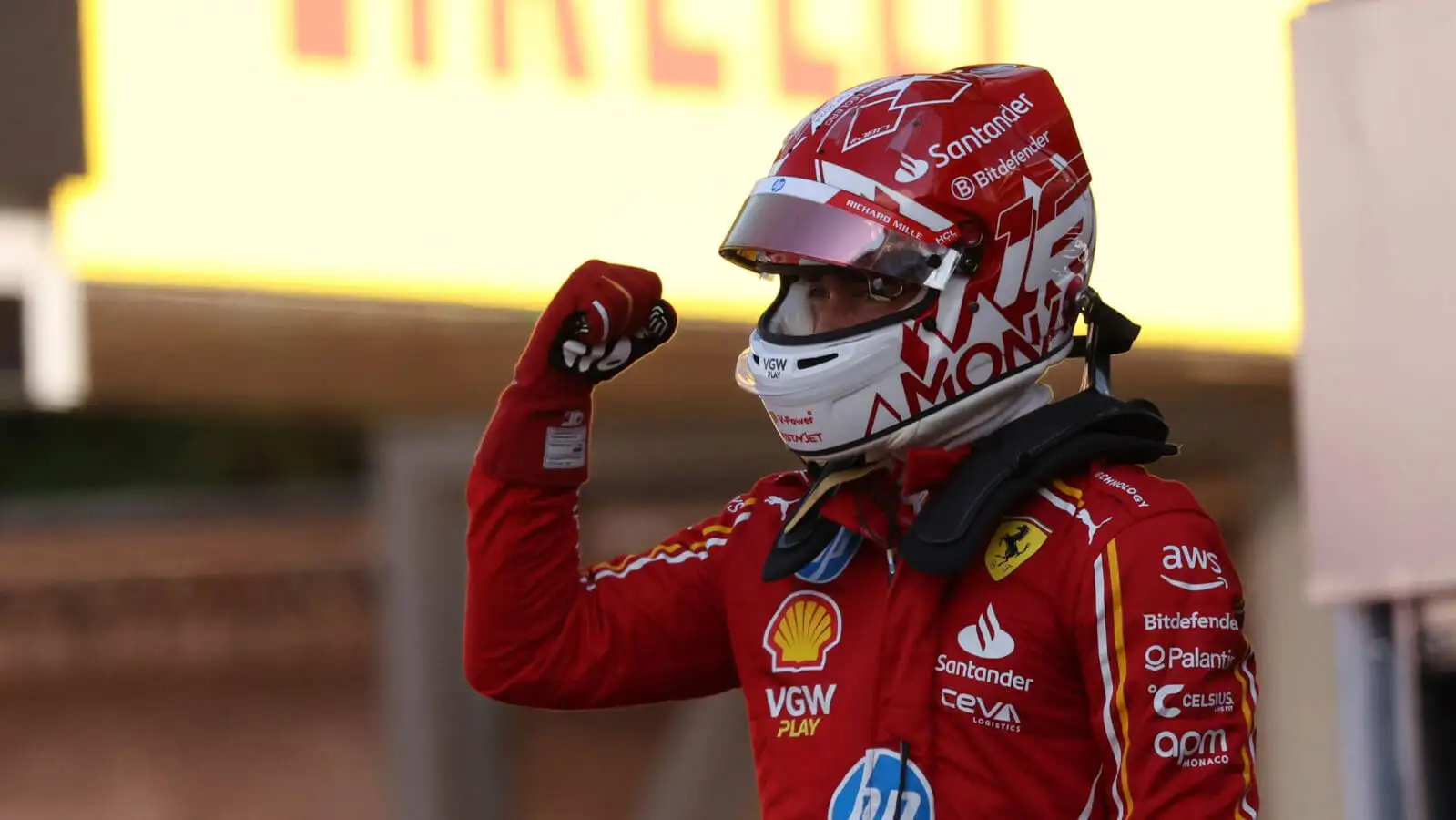An exciting race at Imola saw McLaren’s strategic decisions come under scrutiny.
- Lando Norris and Oscar Piastri faced team orders controversy as they secured second and third place.
- Max Verstappen’s aggressive start proved pivotal, dominating much of the race.
- Andrea Stella defended McLaren’s strategy despite criticism from racing pundits.
- Oscar Piastri’s early pit stop strategy raised questions about McLaren’s decision-making.
The Grand Prix at Imola was a spectacle of strategy and speed, capturing the essence of competitive racing. Lando Norris and Oscar Piastri found themselves at the center of a tactical debate as they nabbed second and third spots respectively. However, it wasn’t as smooth sailing as it seemed, given the decisions made by McLaren during the race.
Max Verstappen’s bold move during the first lap set the tone for the race. As he overtook Piastri in a daring maneuver, it became clear why Verstappen is a force to be reckoned with. Despite McLaren’s best efforts, Andrea Stella, the team chief, admitted there was little hope of catching up with Verstappen once he secured a lead.
A key moment came late in the race when Lando Norris, on fresher tires, found himself behind his teammate, Oscar Piastri. Many expected McLaren to issue team orders for Norris to pass, yet they chose to let the performance on the track determine who deserved to move ahead. This choice drew criticism from figures like Jacques Villeneuve, who dubbed it a missed opportunity. Still, Stella remained firm in the belief that even a swap wouldn’t have changed the outcome against Verstappen.
Piastri’s position as the pole-sitter was compromised early on, partly due to an early pit stop which saw him stuck in traffic. According to Stella, Piastri’s tire condition necessitated the early decision, leaving some to question if waiting could have altered their fortune. The gamble on hard tires also didn’t pay off as Piastri couldn’t capitalize, unlike his competitors on mediums.
Andrea Stella explained that McLaren pursued varied scenarios, all in a bid to outmaneuver Verstappen. He reflected that while deviations in strategy could bring risks, they sometimes offer the only chance for a win. Despite the critiques, McLaren’s decisions were seen as calculated risks necessary to tackle unpredictable racing conditions.
Ultimately, the Imola GP highlighted the relentless pursuit of strategic excellence in F1, despite the differing opinions it sparks.
